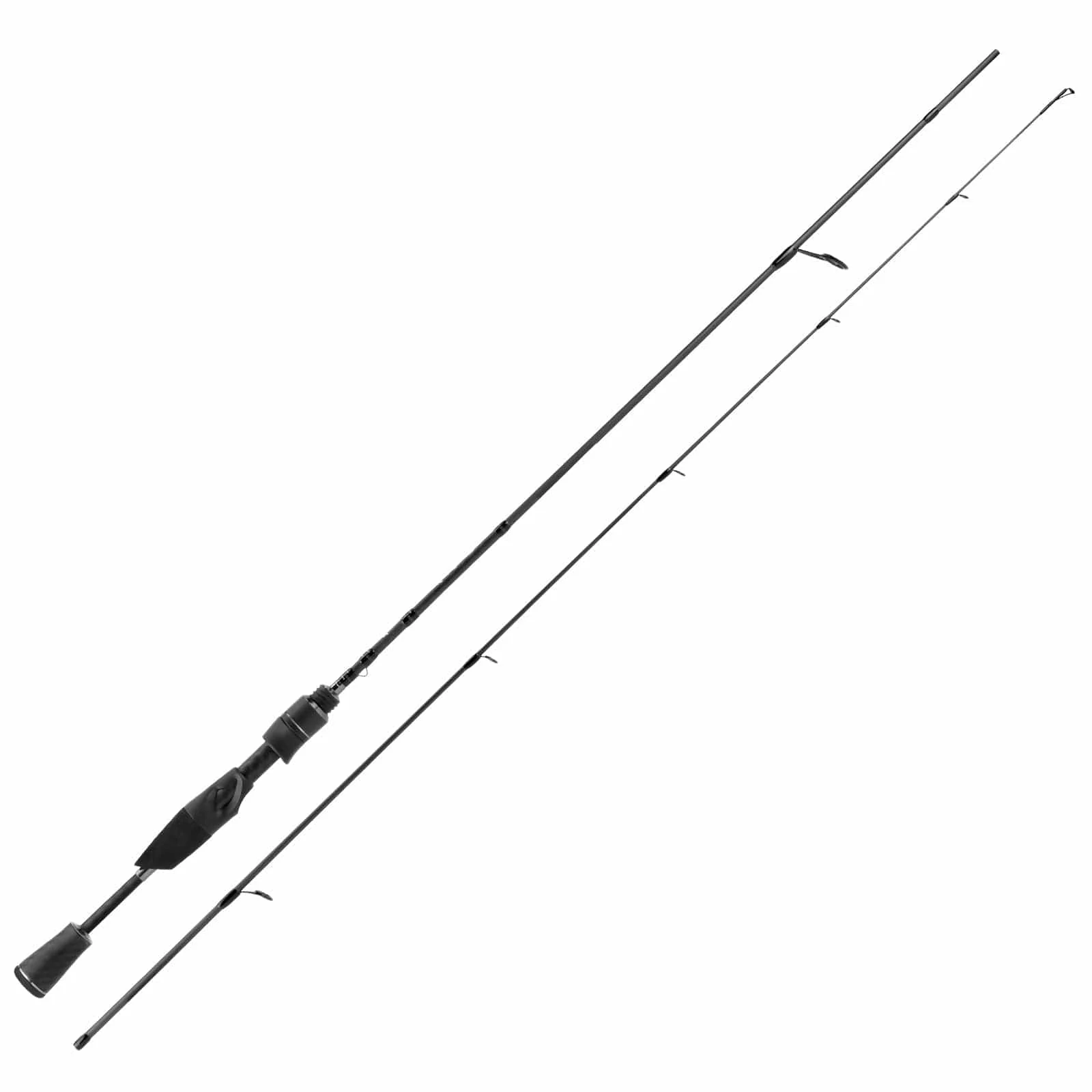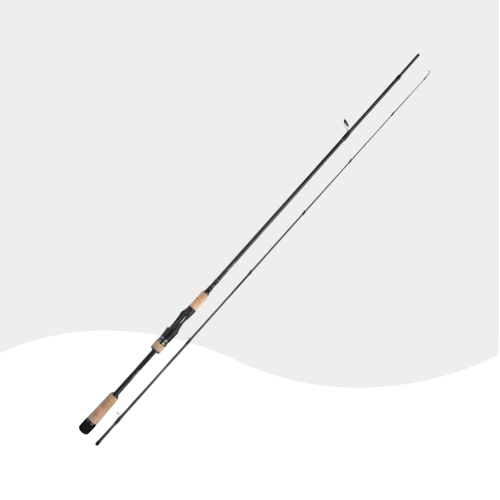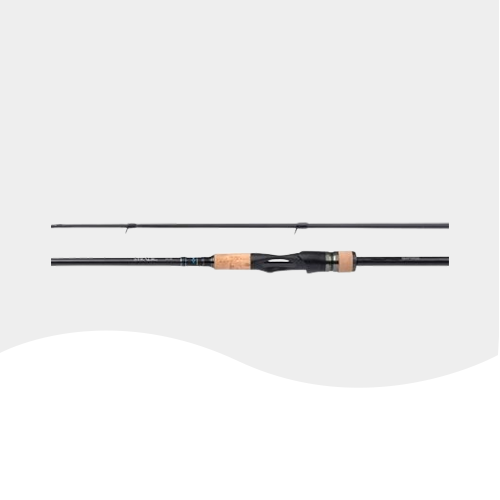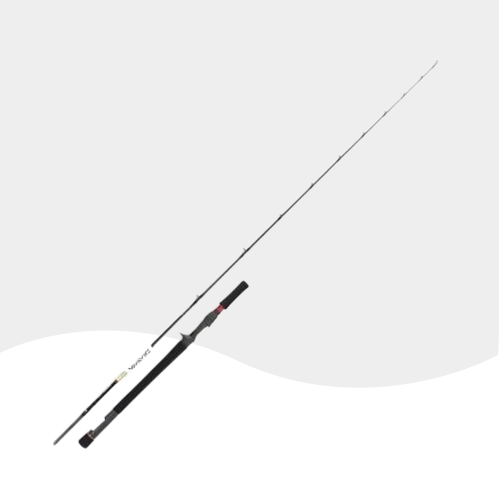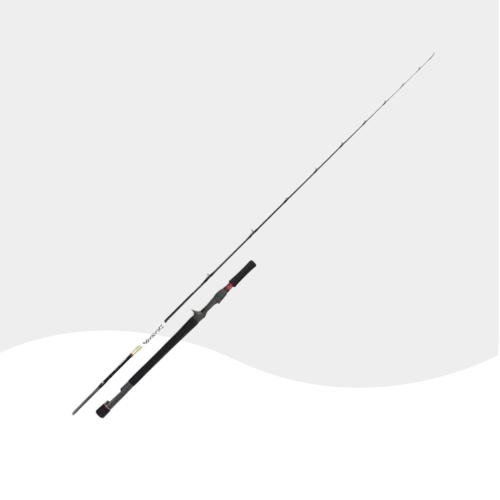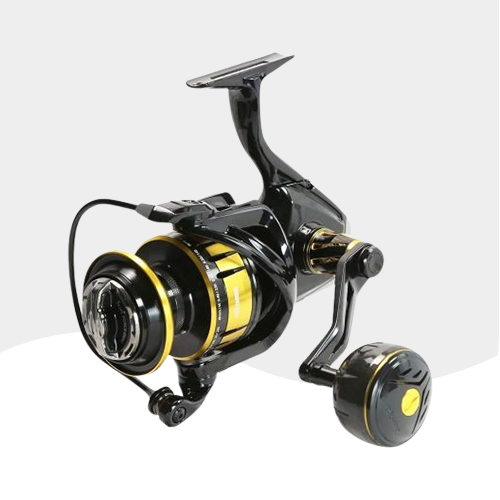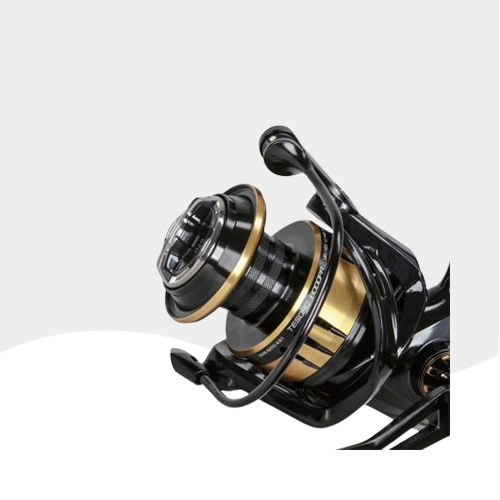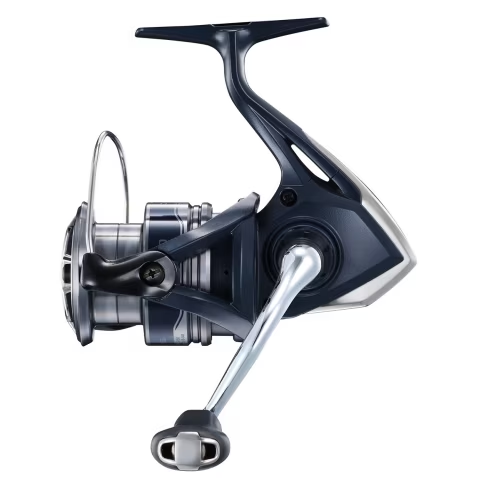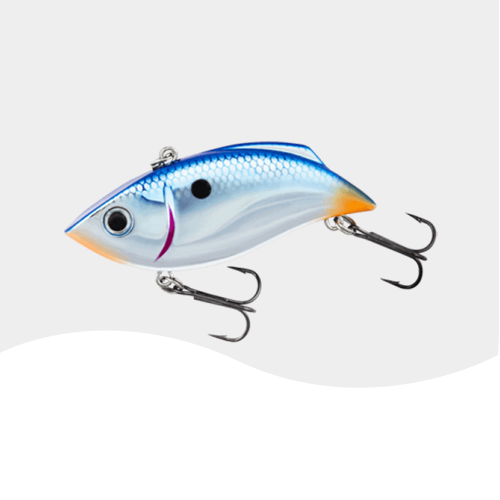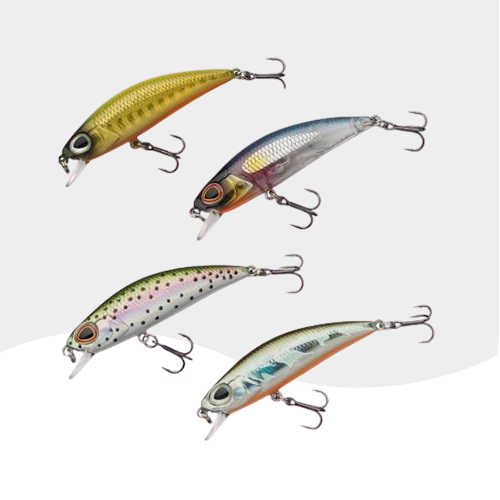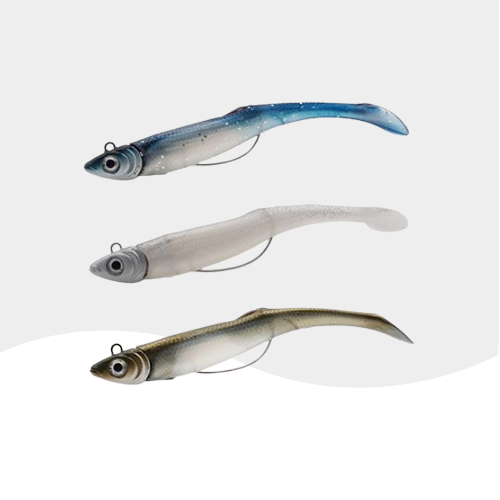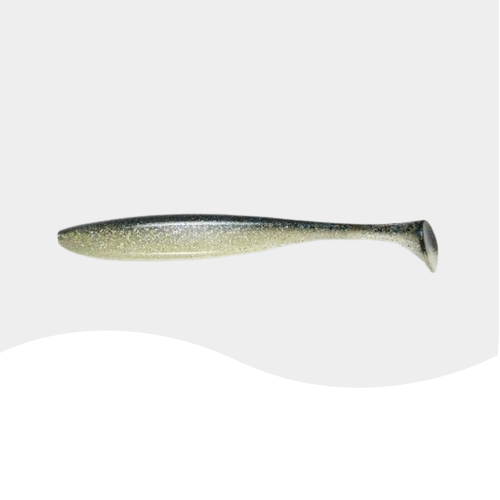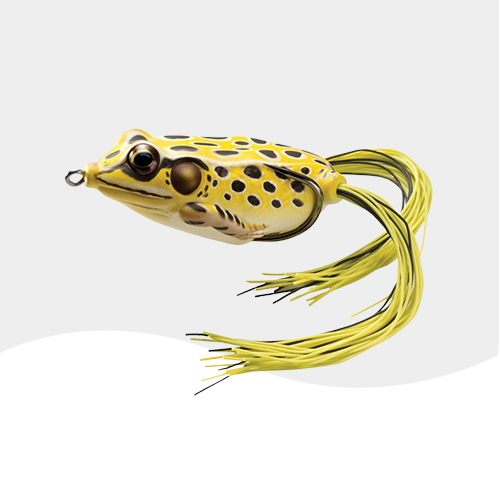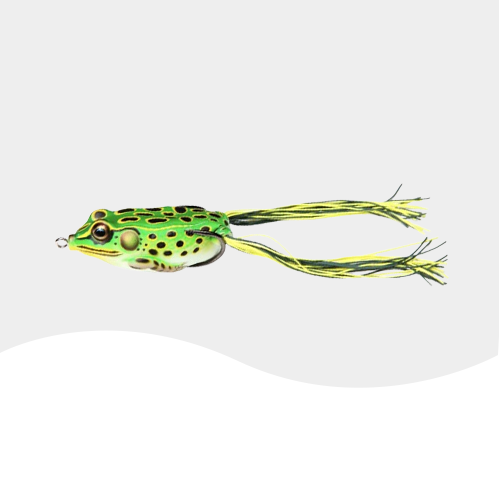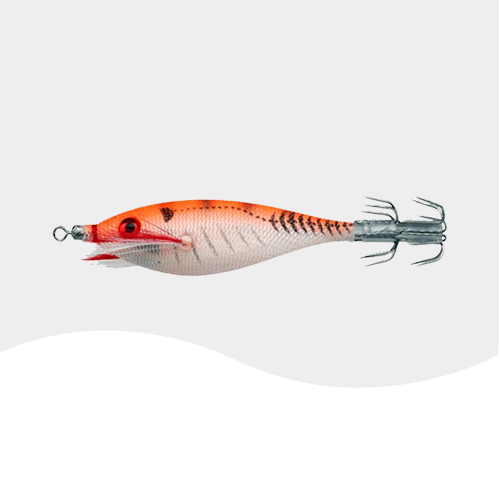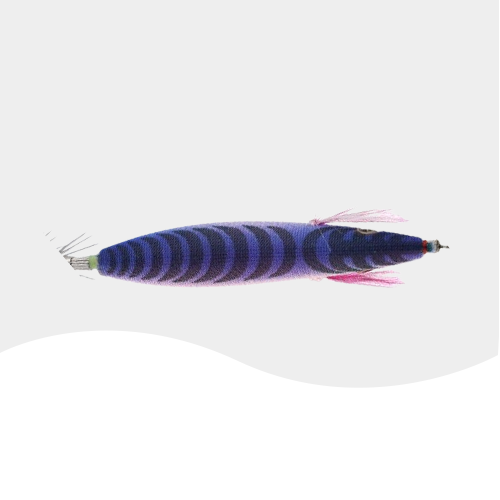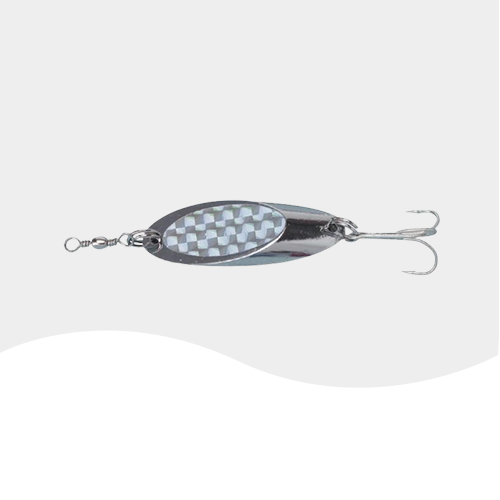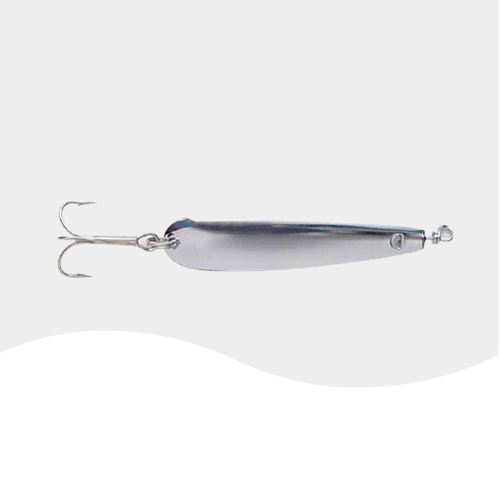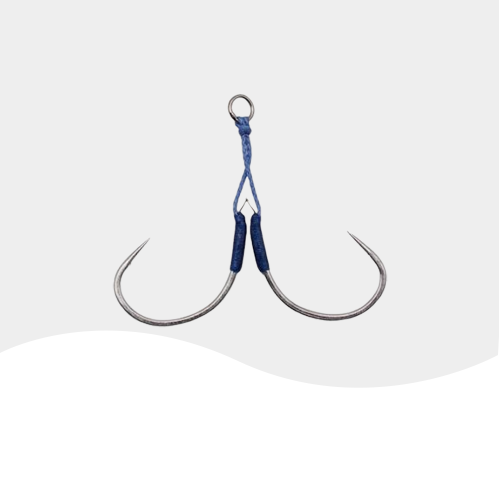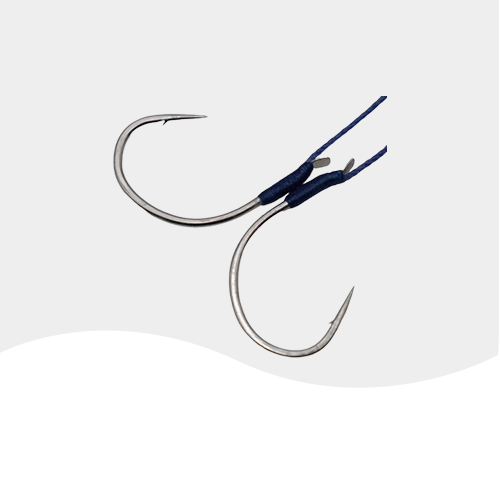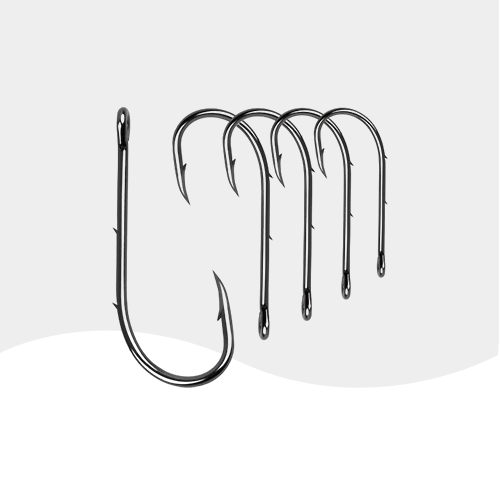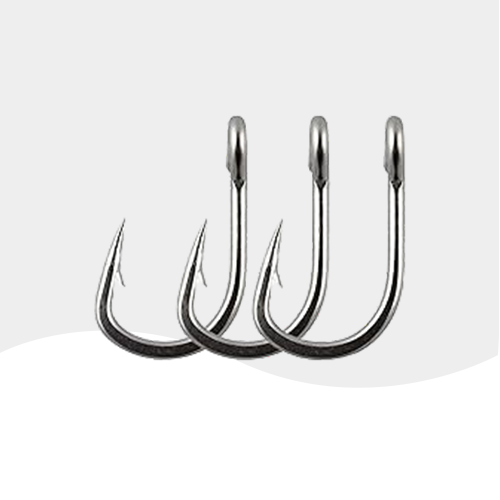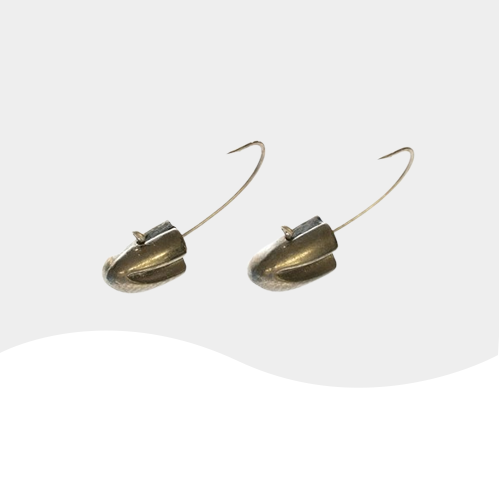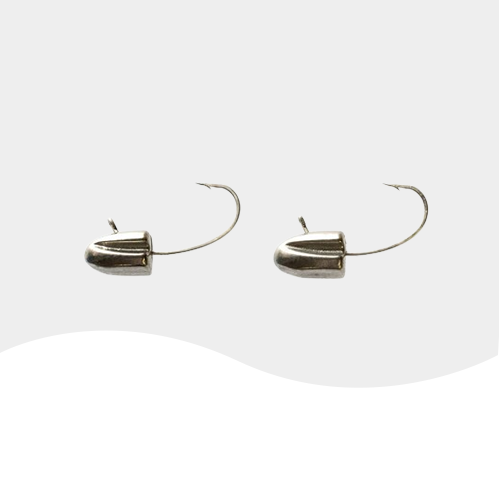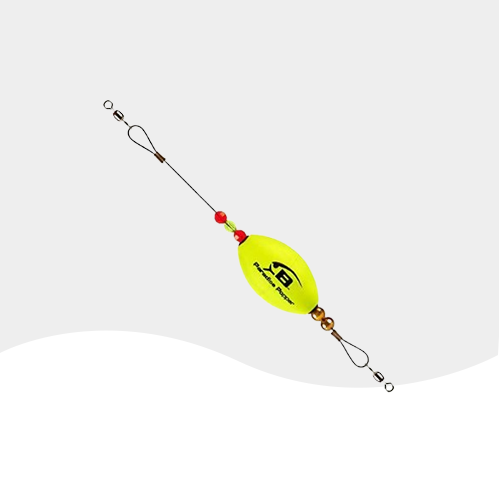Fishing has been an integral part of human civilization for thousands of years, primarily serving as a means of survival. Ancient societies relied on fishing to provide sustenance, using rudimentary tools like spears, nets, and handlines to catch fish from rivers, lakes, and oceans. Over time, as humans developed more advanced techniques and tools, fishing became more efficient, ensuring food security for many communities. While its primary purpose remained sustenance for centuries, fishing also held cultural and social significance in various regions, with traditions and rituals emerging around this essential activity. Many coastal and riverine communities even considered fishing a sacred practice, passing down skills and knowledge through generations.
As societies progressed and industrialization reduced the dependency on self-sustenance, fishing gradually transitioned from a necessity to a recreational pursuit. By the late 19th and early 20th centuries, the emergence of commercial fisheries and global food supply chains allowed people to engage in fishing for leisure rather than survival. This era saw the development of specialized fishing gear, including refined rods, reels, and artificial lures, making the experience more accessible and enjoyable. Fishing clubs and organized competitions started to gain popularity, bringing together enthusiasts who shared a passion for the sport. Additionally, literature and media began to romanticize fishing as a serene, fulfilling hobby that allowed individuals to connect with nature.
In modern times, fishing has evolved into a widely recognized leisure activity enjoyed by millions worldwide. The rise of sports tourism has further fueled its growth, with dedicated fishing destinations, charter services, and international tournaments attracting enthusiasts from all walks of life. Technological advancements have led to the creation of high-performance fishing equipment, while catch-and-release practices and conservation efforts have encouraged sustainable angling. Today, fishing is not just a pastime but a cherished tradition for many, offering relaxation, excitement, and a deep connection to the natural world.


